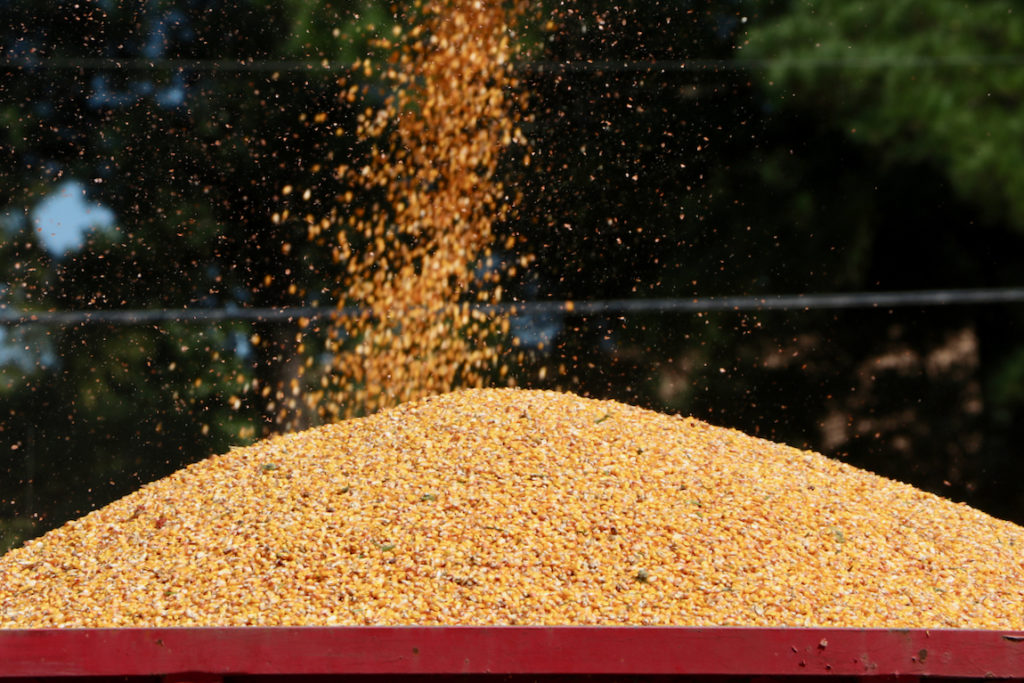
COURTHOUSE — Agriculture, the third-largest industry in Virginia Beach, showed overall significant growth in 2021, according to an annual assessment of the economic impact of farming here.
The estimated economic impact of farming products within the city rose by $36.5 million to nearly $170.9 million, according to a fact sheet prepared by Roy Flanagan, Virginia Beach’s extension agent, in coordination with the Virginia Beach Agriculture Department.
A big reason was rising yields — meaning the ability to produce more product per acre — and prices for the major grain crops of soybeans, corn and wheat, according to Flanagan. [Ed. – Flanagan is kin to John Doucette, editor of The Independent News and author of this story.]
“There are very few years in my memory where the price of grain and the yield come together, but you will see that in 2021 that happened,” Flanagan wrote in a summary with the annual estimate released this past month. “This led Virginia Beach’s agriculture industry to a large increase over 2020.”
“Yield and price together is substantial,” Flanagan, who is also a farmer, added during a interview. “It strengthens our place as the third-strongest industry in Virginia Beach.”
Overall, a variety of areas showed strength, including produce farming and direct-to-consumer sales. In 2020, as some may remember, direct-to-consumer sales were especially strong despite restrictions related to the novel coronavirus pandemic as people sought out local farm markets.
“Based on our soils and our climate, we had strong yields on our corn, wheat and soybeans,” Virginia Beach Agriculture Director David Trimmer said, adding that direct-to-consumer sales were still strong in 2021 – through they came back down to earth after an unusually strong 2020.
“Support by the city and by consumers who buy local makes a huge impact on how our farmers do,” Trimmer said.
Trimmer added that rising values and impacts do not necessarily translate into profit for farmers, who have faced industry challenges of rising costs, such as for fuel, as well as scarcity of some supplies and other items needed for production due to supply chain woes.
Estimated value of cattle, hogs, sheep and goats declined in 2021 due to the loss of contract swine production, according to Flanagan, but he wrote that there was “very positive growth with expanded production” in the city for direct-to-consumer protein.
© 2022 Pungo Publishing Co., LLC

